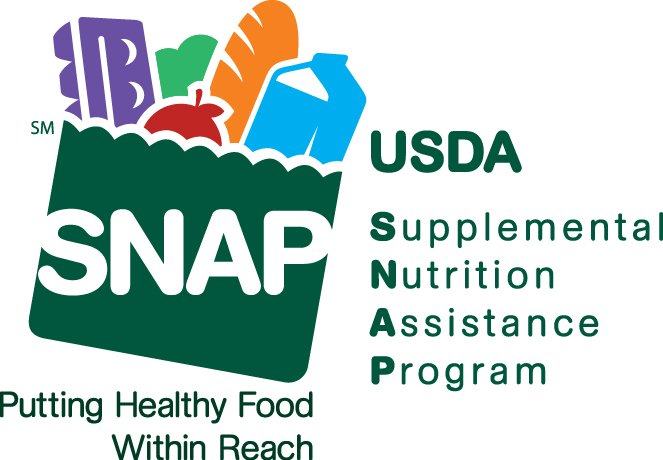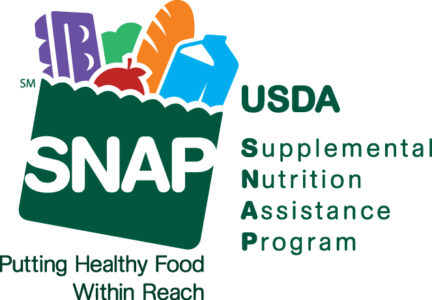Still an issue
SNAP resumption didn't end food insecurity

HANCOCK – The 43-day government shutdown proompted a pause in funding for the Supplemental Nutrition Assistance Program (SNAP). According to the Center on Budget and Policy Priorities, SNAP provides important nutritional support for low-income working families, low-income older adults (60 years and older) and people with disabilities living on fixed incomes, and other individuals and households with low incomes.
On Nov. 14, Newsweek reported the suspension of payments left millions of low-income Americans uncertain and forced food banks nationwide to shoulder added demand. Just as the temporary SNAP suspension strained the finances of many local families, many cuts in social programs have put food pantries and food banks in similar situations.
“We’ve had to spend more on food,” Salvation Army Director Pete Mackin said. “It was a combination of several programs were either paused or ended.”
Among these programs is the Dairy Donation Program (DDP). The DDP was officially stopped in 2025 because Congress stopped its funding. As a result, the USDA published a final rule to remove the program’s regulations, which took effect on July 28, 2025. Without funding, the USDA’s Agricultural Marketing Service (AMS) has no authority to continue the program’s operations.
“The Dairy Program provided us all kinds of dairy projects,” Mackin said. “This is a program that invests in our local farms, you know, anyway So that program I don’t know if it’s ended or if it’s just suspended or they’re figuring it out.”
Through the DDP, eligible dairy organizations partnered with non-profit feeding organizations such as food banks, missions, and churches that distribute food to individuals and families in need, says the USDA.
Mackin said the dairy, eggs and other proteins acquired through various grant programs came to local entities through the Feeding American Network.
“So, we’ve been buying it ourselves, and that’s about a $200-300 expense that we didn’t have before, and that’s been widely used.”
Mackin said because of the inflation on the costs of dairy products, demand for them had started even before the SNAP suspension.
In addition to having to purchase food articles once covered by grants, many food pantries have been faced with higher requests for emergency monetary assistance to help low-income families with rent and utilities, which have increased, Mackin said, since the Michigan Energy Assistance Program was paused. The various cuts and pauses have placed a greater emphasis on the funds from the annual Red Kettle Campaign.
“That money ran out in April this last year, which normally doesn’t happen, which means we were covering or helping people when we could with our kettle funds, which we normally don’t do, so that was a very large expense.”
According to the Michigan Department of Health and Human Services, in FY 2024, the average SNAP household in Michigan received $335.03 in benefits per month, which is about $173 per person per month.





